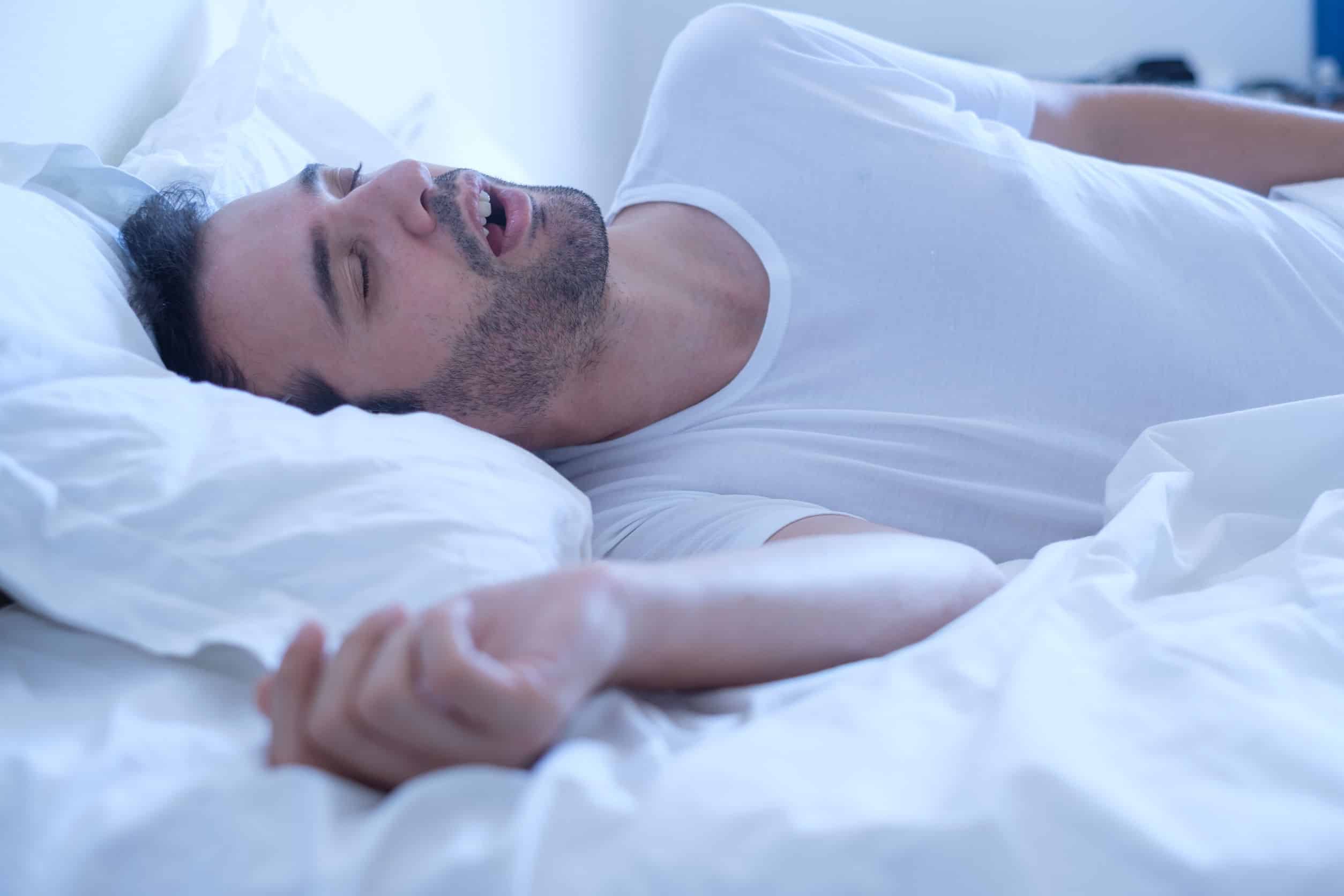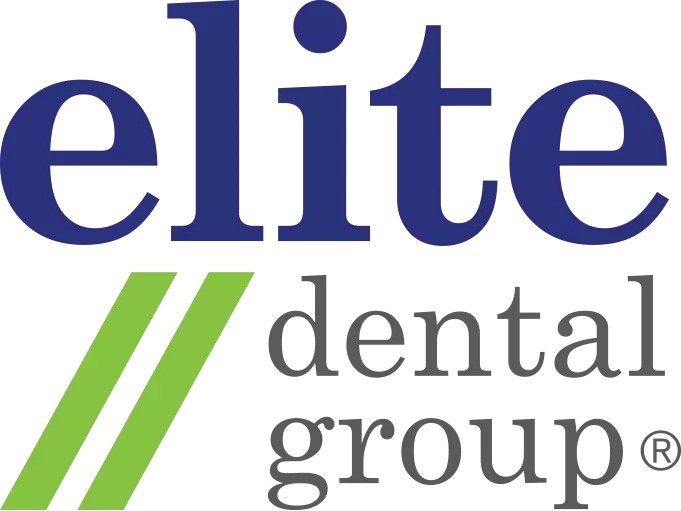
Do you snore loudly and feel tired even after a full night’s sleep? If you answered yes, it is likely that you have sleep apnea. In essence, sleep apnea is a serious sleep disorder where breathing stops and starts repeatedly.
While sleep apnea can be potentially dangerous, it is reassuring to know there are sleep apnea treatment options available at your disposal nowadays. If you suspect you have sleep apnea, consider it best to see your doctor right away.
Below are some of the possible causes of sleep apnea as well as some of the sleep apnea treatment options available:
Causes
- Obstructive Sleep Apnea
When the muscles in the back of the throat relax, obstructive sleep apnea occurs. The muscles in the back of the throat supports the soft palate, uvula (the triangular piece of tissue that hangs from the soft palate), the tongue, the side walls of the throat, and the tonsils.
When the muscles relax, the airway will narrow down or close as you breathe in. In the process, you won’t get enough air. Not getting enough air will also result to lower oxygen levels in the blood.
The brain senses the inability to breathe and will rouse you briefly so your airway can reopen. However, the awakening is usually very brief that people with sleep apnea will barely remember.
Patients with sleep apnea can gasp, choke, or snort. This pattern can repeat itself all throughout the night, impairing the patient’s ability to achieve a deep, sound, and restful sleep.
- Central Sleep Apnea
Central sleep apnea is a less common form of sleep apnea. This kind of sleep apnea occurs when the brain fails to transmit signals to the breathing muscles. In other words, for a short period, the patient will make no effort to breathe. They can then awaken due to shortness of breath and might have a difficult time staying asleep or getting back to sleep.
Treatment Options
For those with a mild case of sleep apnea, lifestyle changes like quitting smoking or losing weight might be recommended. For those with nasal allergies, treatment for allergies may be prescribed.
For patients with moderate to severe sleep apnea, a number of treatments are available. To help open up the blocked airway, certain devices might also be recommended. In other cases, surgery might be required.
Therapies
- Oral appliances
Wearing an oral appliance that will keep the throat open is another treatment option available for people with sleep apnea. While CPAP is deemed more effective, oral appliances are way easier to use.
Some oral appliances are available from your dentist. For instance, mandibular advancement devices (MAD) can be used for those with mild to moderate sleep apnea. The device is worn in the mouth during sleep and functions like an orthodontic retainer or a sports mouth guard.
In addition, tongue retainers can also be used. A tongue retainer is a splint that will hold the tongue forward so it does not fall backwards into the throat when the muscles relax during sleep. Your dentist will be able to give you advice on the oral appliance that will suit your condition best.
- Continuous positive airway pressure (CPAP)
For those with moderate to severe sleep apnea, a CPAP (SEE-pap) machine might be recommended. The CPAP machine delivers air pressure through a mask while the patient sleeps. With a CPAP machine, the air pressure is in a way greater than the surrounding air, keeping the upper passages open. This prevents both snoring and sleep apnea.
Lifestyle and Home Remedies
In some cases, mild sleep apnea might respond very well to lifestyle and home remedies. Some of the likely recommendations may include:
- Losing the excess weight
In some patients, even a slight weight loss can already do wonders and help relieve throat constriction. However, in other cases, the condition recurs once the patient regains the weight.
- Exercising
Regular exercise has been known to ease symptoms of obstructive sleep apnea in some patients. In most cases, a 30-minute moderate activity most days of the week will suffice.
- Sleeping on the side
Sleeping on the back can cause the soft palate and the tongue to rest against the back of the throat and block the airway. Fortunately, nowadays, there are commercial devices you can use that will vibrate when you roll onto your back while sleeping.

 Elite Dental Group
Elite Dental Group